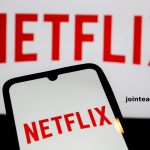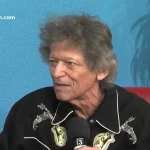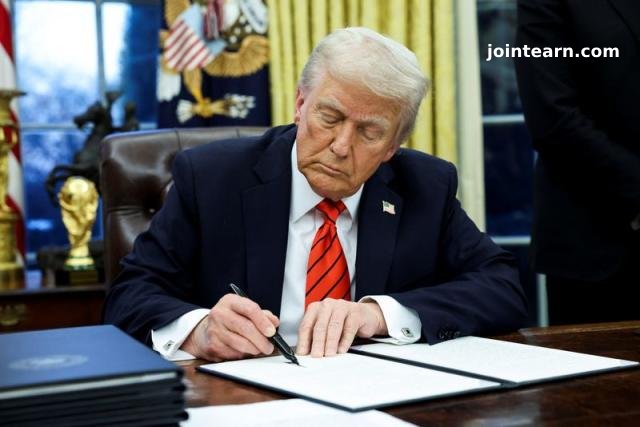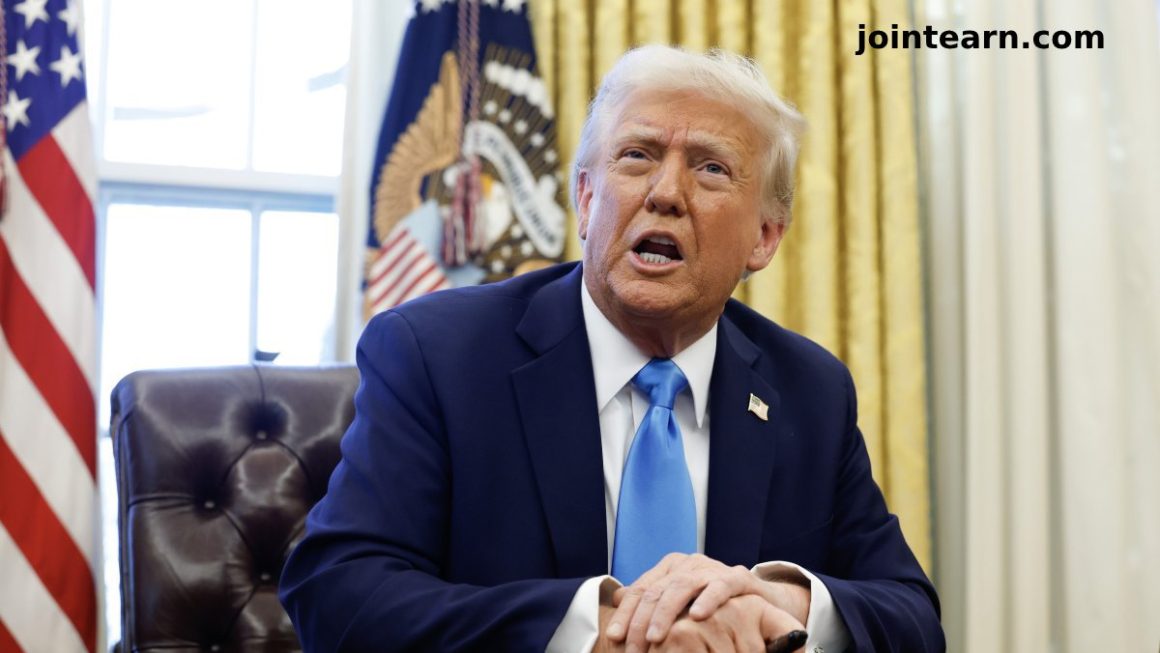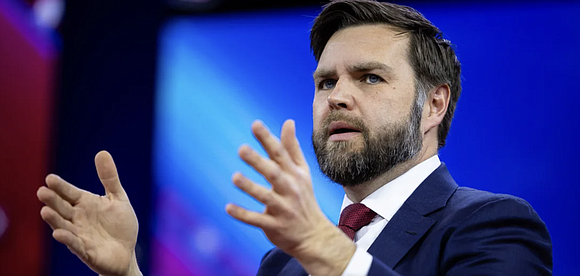
The 2024 Munich Security Conference (MSC) was expected to focus on two critical issues: finding a resolution to the war in Ukraine without conceding to Russia and urging Europe to increase its defense spending. However, US Vice President JD Vance took a drastically different approach, shocking delegates with a blistering critique of Washington’s allies, including the UK, while emphasizing concerns over misinformation, disinformation, and free speech.
JD Vance’s Controversial Speech Stuns Delegates
Instead of addressing the war in Ukraine or European defense budgets, Vance used his 20-minute speech to criticize European governments, accusing them of straying from their values and ignoring public concerns over migration and free speech. His remarks were met with silence, as attendees struggled to process the unexpected rhetoric. Even an attempted joke—comparing Elon Musk’s influence to Greta Thunberg’s activism—failed to elicit a response.
The reception to Vance’s address was overwhelmingly negative, with many describing it as miscalculated and poorly judged. But who was his real audience? According to a US commentator, “That was all for US domestic consumption.”
Meeting with Zelensky: A Diplomatic Attempt at Damage Control
Despite the fallout from his speech, Vance proceeded to meet with Ukrainian President Volodymyr Zelensky. The Ukrainian leader described their conversation as productive, emphasizing the necessity for Washington and Kyiv to collaborate on a concrete plan to halt Russian President Vladimir Putin’s aggression and end the war.
“We truly want peace, but we need real security guarantees,” Zelensky stated, reinforcing Ukraine’s stance on sovereignty and territorial integrity.
Trump’s Position on Peace Raises Concerns
Former US President Donald Trump has claimed that Putin also desires peace. However, many fear that such a peace deal would come on Russia’s terms—potentially involving Ukraine’s forced territorial concessions. In a further blow to Kyiv, Trump’s administration, through Defense Secretary Pete Hegseth, recently suggested that restoring Ukraine’s pre-2014 borders is “not realistic.”
Additionally, the US has ruled out sending troops to defend Ukraine and dismissed Ukraine’s aspirations to join NATO, significantly weakening its geopolitical position.
Trump’s Call with Putin Stuns Europe
Ahead of the Munich conference, European leaders were shocked by reports of a 90-minute phone call between Trump and Putin. This unexpected dialogue effectively ended the West’s three-year diplomatic freeze with the Russian leader, in place since the 2022 invasion.
As the MSC continues, Saturday’s high-profile debate on Ukraine will take center stage. European leaders fear that Trump’s eagerness for a peace deal may ultimately empower Putin, leaving Europe vulnerable to further territorial ambitions.
Stay updated on the latest developments from the Munich Security Conference and global geopolitical affairs.




